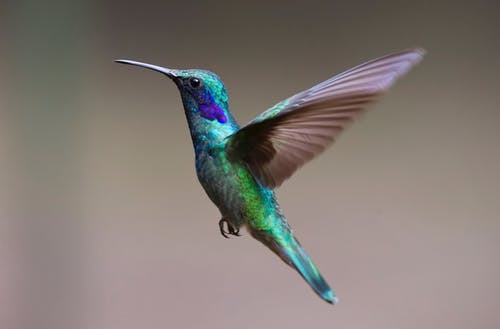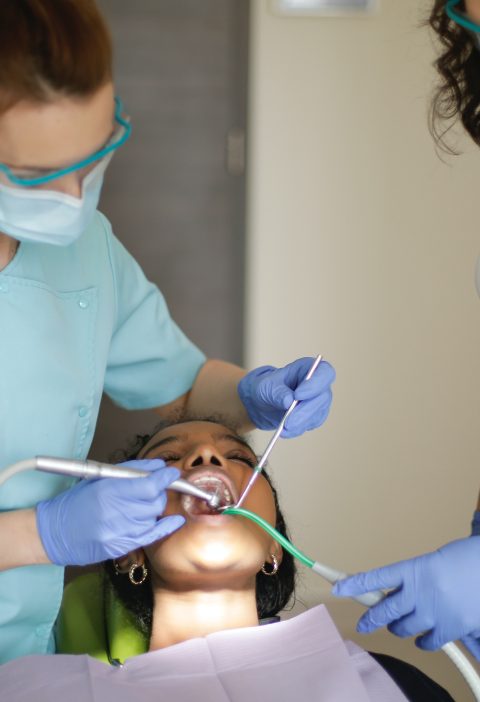Recovering from a veterinary procedure can be daunting for both pets and their owners. However, with proper post-surgery care and diligent attention, you can ensure your furry friend recovers well and resumes a happy, healthy life.
In this article, we’ll walk you through essential steps and tips to help your pet heal and thrive after a veterinary procedure, touching on surgery aftercare, cat or dog care plans, and the importance of dog vaccinations.
Caring for Your Pet After Surgery: The First 24-48 Hours
The initial post-operative period is crucial as your pet’s body begins to heal:
- Create a comfortable and safe space: Provide your pet with a warm, quiet, and comfortable spot to rest, away from distractions and other pets.
- Monitor your pet’s behavior: Look for any signs of discomfort or complications like lethargy, vomiting, or excessive bleeding from the surgical site.
- Follow your veterinarian’s instructions: Adhere to prescribed medications and wound care instructions to minimize infection risk and promote healing.
- Limit your pet’s activity: Restrict movement to help the body heal, using a carrier or crate if necessary.
Nutrition and Hydration: Vital Aspects of Post-operative Recovery
Ensuring your pet receives proper nutrition and hydration after surgery plays a key role in their healing process:
- Offer small, frequent meals: Gradually reintroduce food over the first 24 hours with bland, easily digestible meals.
- Encourage hydration: Always provide fresh water, monitoring your pet’s intake to ensure they are adequately hydrating.
- Consult with your vet about any dietary adjustments: Depending on the procedure, your pet may require a temporary change in its regular diet.
Easing Your Pet’s Pain: Managing Discomfort Post-surgery
Effectively managing your pet’s pain is vital to their overall recovery:
- Administer prescribed pain medications: Follow your vet’s instructions to ensure your pet remains comfortable.
- Look for signs of pain: Monitor your pet’s behavior for indications of discomfort, such as whimpering, restlessness, or excessive licking.
- Comfort and reassurance: Be present to provide your pet with comforting touch and reassurance during this time.
A Comprehensive Cat or Dog Care Plan: Promoting Long-term Wellness
Post-surgery care doesn’t end once your pet’s immediate needs have been met. Establishing a thorough cat or dog care plan is essential to promoting long-term health and wellness:
- Schedule regular vet visits: These check-ups allow your veterinarian to monitor your pet’s condition and address potential health concerns.
- Maintain a healthy diet and exercise regimen: Work with your vet to create a suitable diet and exercise plan that meets your pet’s nutritional and activity needs, supporting overall health.
- Ongoing mental stimulation: Regular mental stimulation, such as playtime and puzzles, helps promote cognitive function and overall well-being in pets.
Pet Vaccinations and Parasite Prevention: Safeguarding Your Pet’s Health
Maintaining your pet’s overall health is critical to a successful recovery. Regular dog vaccinations in Franklin, or wherever you live, help protect them from preventable diseases. Similarly, parasite prevention measures protect your pet from common pests like fleas, ticks, and heartworms.
Conclusion
Proper post-surgery care is critical to helping your pet recover and thrive after a veterinary procedure. By following the necessary steps to manage your pet’s pain, ensuring adequate nutrition, adhering to a comprehensive cat or dog care plan, and staying up-to-date with vaccinations and parasite prevention, you provide your beloved furry friend the best opportunity to heal and maintain their long-term health. With dedication, attention, and love, you can help your pet transition back to its happy, healthy self.






